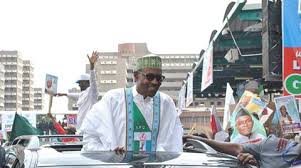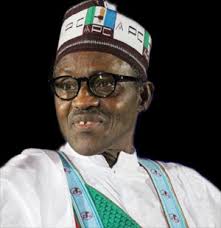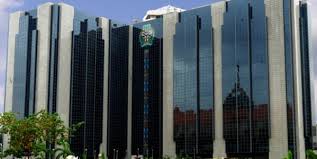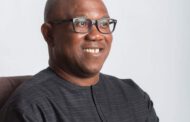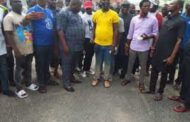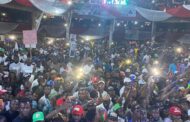Ahead of the February 2015 presidential election, the critical question facing Nigerians is, which of the leading contenders possesses the ability to navigate the intricate Nigerian economic ship? With crude oil prices decelerating at dizzying speed, the country’s currency the naira in serious stress, and the insurgency in the North East adding the icing on the cake, the country needs a tested and sure hand to steer its economic ship.
Fortunately, the two leading contenders, President Goodluck Jonathan and former Head of State, General Muhammadu Buhari, presidential candidates for Peoples Democratic Party (PDP) and All Progressives Congress (APC) respectively, have been on the saddle at various times in the past. Despite varying circumstances the performance of each of the candidates at the time they ran the country will give insight into their abilities.
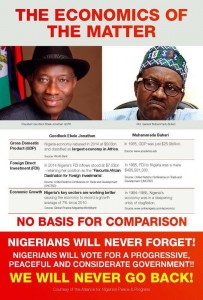 Politics apart, the Nigerian economy has posted good numbers under the President Goodluck Jonathan. With the economy growing at a healthy average rate of 6 per cent and the re-based Nigerian economy overtaking South Africa as the largest on the continent of Africa, the picture of the Nigerian economy has not been all that bad.
Politics apart, the Nigerian economy has posted good numbers under the President Goodluck Jonathan. With the economy growing at a healthy average rate of 6 per cent and the re-based Nigerian economy overtaking South Africa as the largest on the continent of Africa, the picture of the Nigerian economy has not been all that bad.
When you hear politicians talk about the Nigerian economy, you would think that they are drawing their figures from the moon. Prior to the un-abating slide in oil prices, the economy was not as abysmal as politicians would make it look.
From figures being bandied in the media, it is obvious that candidate of the opposition APC did not have much either to point up as key successes of his economic management in the about two years he was the head of state. Buhari”s administration introduced market control measures, which is repressive to investment. In the critical oil sector, the administration resorted to archaic barter system to sell Nigerian crude, with all the inherent inefficiencies. The Nigerian economy did not record any growth at the period Buhari was at the helm (1984-85), rather it was in constant crisis of deepening stagflation.
Buhari who is challenging an incumbent president, is supposed to Nigerians how he intends to run the economy better than it is being run now. So far his message has been largely incoherent.
When asked in a recent interview with Vanguard on what he intends to do better on Nigerian economy if elected, his answer did not evince any firm grip of the challenges ahead on that front. He said, “I am not an economist but with my experience, it is about the indiscipline and lack of probity of the PDP government because they have been the government in charge in the last 12 years and so let nobody come out and blame others for the woes of their party which they have foisted on the nation.”
There is no denying that Nigeria has achieved some positive steps in the economic sphere under Jonathan, going by basic economic indicators. Believe it or not, the fact that Nigeria at the moment is the largest economy in Africa is a great achievement.
Although, the nosedive of oil price is seriously impacting the strength and value of naira, the streams of foreign investments have continued to flow. Nigeria continues to have its low debt ratios which makes it attractive to investors.
So far, Buhari has not given any insight on how he would run the country better aside mouthing the time-worn mantra about fighting corruption and indiscipline.



